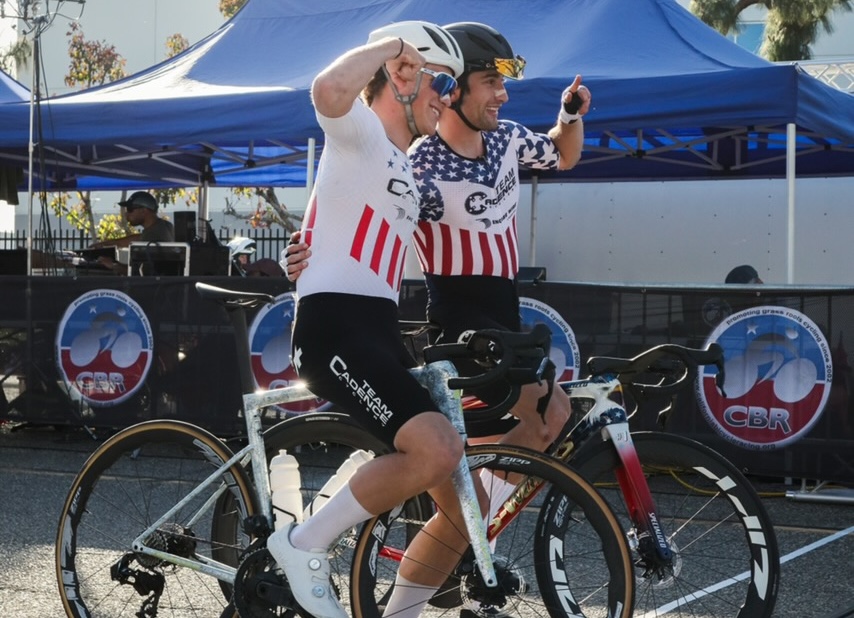Tour de France: Bernal on the hunt but Alaphilippe remains resolute – Analysis
Stage 18 the opening act on a trilogy of stages that will decide this year's Tour
The latest race content, interviews, features, reviews and expert buying guides, direct to your inbox!
You are now subscribed
Your newsletter sign-up was successful
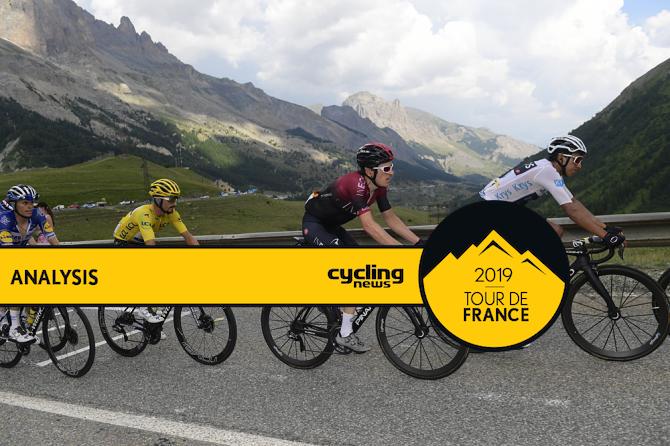
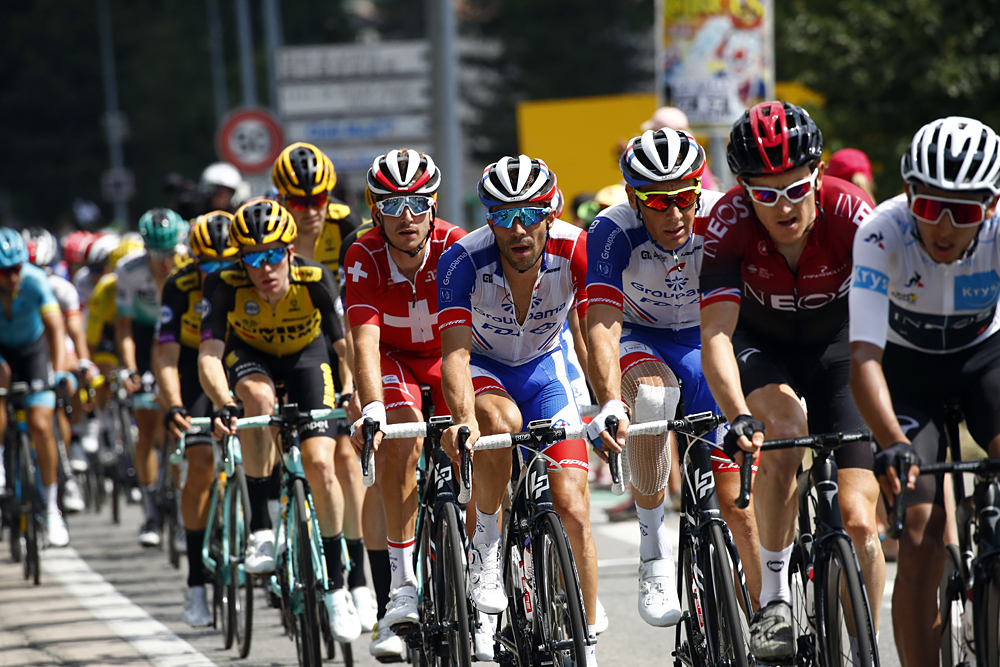
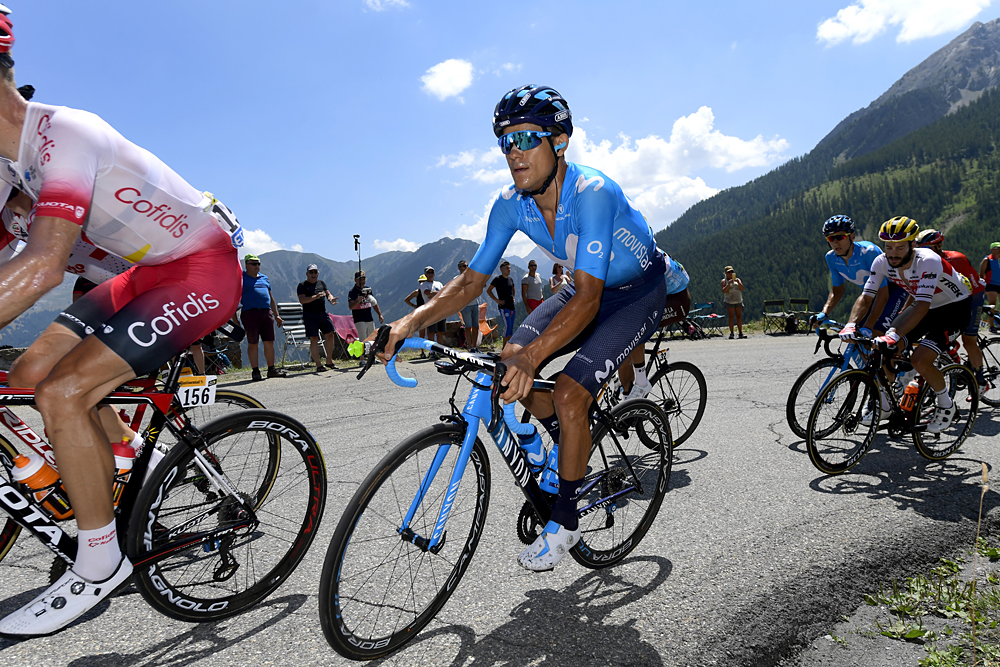
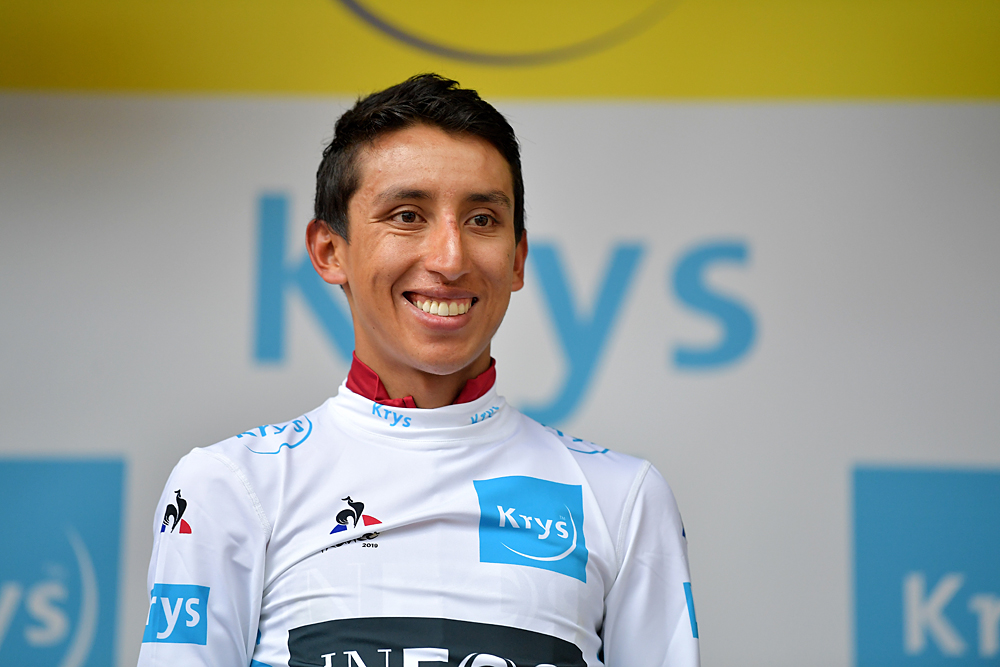
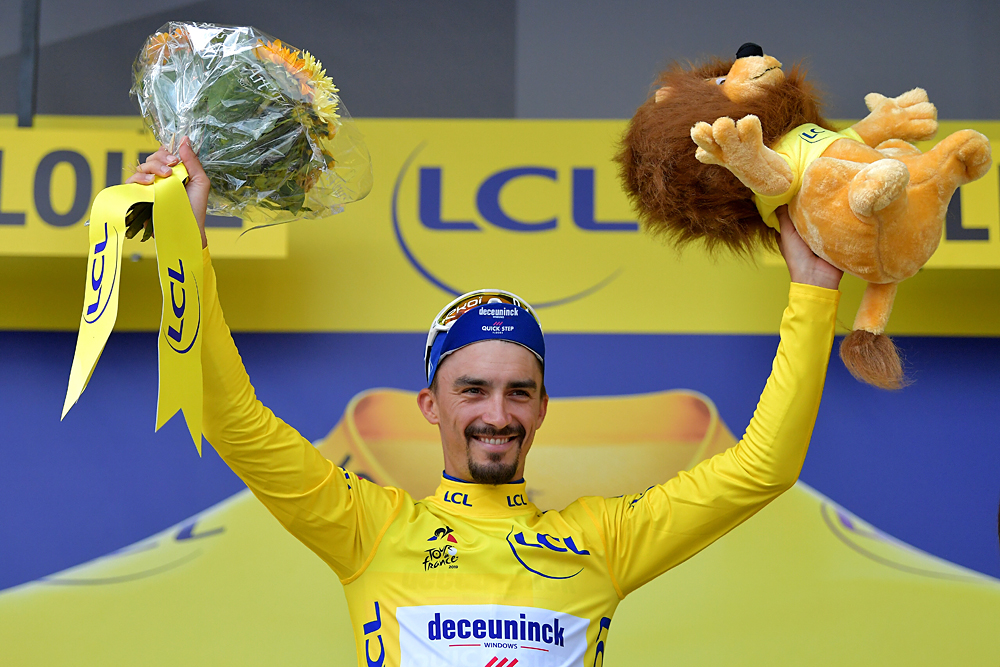
Unsurprisingly, the Tour de France wasn't won or lost on the Col du Galibier, nor on the breakneck descent to the line in Valloire, where Movistar's Nairo Quintana won the stage, Egan Bernal (Team Ineos) took time and race leader Julian Alaphilippe (Deceuninck-QuickStep) more than held his own. However, there was enough evidence to suggest how the next two stages in the Alps will be raced.
On reflection, stage 18 of the Tour was perhaps the quietest of the mountain stages so far, with the pulsating action in the Pyrenees eclipsing what we saw on the Col d'Izoard and the Galibier. There were several reasons as to why that was the case. Firstly, fatigue has truly started to set in. Those powerful surges from Groupama-FDJ's Thibaut Pinot cannot be maintained for a week, while the responsibility taken by Jumbo-Visma on the Tourmalet and on the road to Foix have been replaced by a more cautious approach.
In the Pyrenees, we saw more explosive racing because of the terrain, but also because it was early enough in the race for bold attacks, with riders, such as Pinot, needing to go on the offensive after losing needless time in the crosswinds. Now that the race is in the critical phase and all the riders know roughly where they stand concerning each other, the margins of error are finite. There's still not a single team that can control a stage from start to finish, and, with two summit finishes to come, stage 18 was about reassurances of resources as much as racing.
However, what we witnessed on stage 18 was merely the opening act in a trilogy of stages that will decide this year's podium. If Thursday's stage had finished at the top of the Galibier, the situation may have been different, but the long descent to Valloire changed the mentality of the peloton and how they raced the parcours.
Movistar once again took up the fight early on with a brisk pace that thinned out the peloton on the Col d'Izoard, but their efforts petered out on the second half of the climb as they ran out of ammo and realised that they were simply chasing down a break that contained their own rider – Quintana – and his fresh optimism of winning the stage and mounting a top-five challenge.
Team Ineos search for answers
Team Ineos assumed control in the valley between the penultimate and final climbs, and again on the lower slopes of the Galibier, but for most of their time on the front, they were conceding time to Quintana and the rest of the break. It was only when Bernal attacked with 3.2km to go before the summit that the GC race properly came to life.
With his telling acceleration, the Colombian proved that he is the strongest rider in the Alps. If Pinot had the legs, he would have followed, and the sight of Geraint Thomas trying to split the group, but failing to do so as Pinot gave chase, suggested that the rest of the podium contenders are either on the same level or saving their legs for the final two days in the mountains. Yet Team Ineos's tactics throughout the stage raised questions. For the first time in recent memory, they posted a man in the early break, but they once again lost key support riders when Movistar put the hammer down. Wout Poels shows no realistic hopes of finding form, while Michal Kwiatkowski looks even worse.
The latest race content, interviews, features, reviews and expert buying guides, direct to your inbox!
The confusion over who ordered Bernal's attack is still unclear, with contradictory messages coming from all sides, but the fact that Thomas's attack effectively cut Bernal's advantage seemed to suggest that there are communication issues within the team. What's certain is that Thomas is continuing to lose ground in the internal race to lead his squad. This is the first time that he has been behind Bernal on the GC since stage 5, but it's the third mountain stage in a row in which he has lost time to his teammate.
If the defending champion has any real hopes of the retaining his title, he must act. On stage 19 to Tignes on Friday, he'll need to attack before Bernal and attempt to make the move stick. Even if he draws Pinot with him and jeopardises Bernal's position, he must take the risk because, with only two real stages to go, Thomas cannot be picky as to who he gains time over. One attack could be all it takes to distance Alaphilippe for good and put Bernal back on domestique duty, but at present Ineos risk a repeat of their 2011 Vuelta a España showing when they backed the right horse – Chris Froome, rather than Bradley Wiggins – far too late in the race.
As for Pinot and Steven Kruijswijk (Jumbo-Visma), their overall challenges look to be fading if the Galibier stage is taken in pure isolation. Their teams didn't look as imperious as they had done in the Pyrenees, with David Gaudu suffering and George Bennett hitting the deck twice. Pinot still had the legs to chase down Thomas, while Kruijswijk appeared to be on the ropes towards the final summit, yet the pair still had the gusto to drop Alaphilippe before the Frenchman returned on the descent.
Emanuel Buchmann (Bora-Hansgrohe) may be ghosting his way towards a top-six place in Paris, but he continues to impress with his ability to follow the right moves and match vastly more experienced riders. There remains a question over his durability, but so far the German has answered every question posed of him.
Movistar have a part to play
With both Quintana, and Valverde all inside the top 10, the Movistar team has a number of cards to play. They will not win the race – they've spent the best part of three weeks making sure of that – but their strength in depth and their willingness to open up the race could be crucial over the coming days. They will not be in a position to send one of their top-10 riders in the early break on stage 19, but what they can do is ensure that other teams are split before the final set of climbs.
The relationship between Mikel Landa and Quintana looks unstable, to say the least, but Landa's aggressive style of racing could be the key to unlocking the race permanently.
Alaphilippe and Bernal
The most content riders after stage 18 will be Alaphilippe and Bernal. The race leader has come through the first Alpine challenge unscathed, and his team looks better equipped than perhaps we gave them credit for. Enric Mas appears to be over his illness, while the Frenchman's ability to remain calm was just as important as his descending skills on stage 18.
If the Galibier exposed his limits, then the climb also hinted at Bernal's potential. On the road to Foix, the Ineos rider was the last dropped by Pinot, but now it's the Colombian who looks the most assured. If Team Ineos can make a clear and decisive choice over leadership, then they remain the main threat to Alaphilippe.
Daniel Benson was the Editor in Chief at Cyclingnews.com between 2008 and 2022. Based in the UK, he joined the Cyclingnews team in 2008 as the site's first UK-based Managing Editor. In that time, he reported on over a dozen editions of the Tour de France, several World Championships, the Tour Down Under, Spring Classics, and the London 2012 Olympic Games. With the help of the excellent editorial team, he ran the coverage on Cyclingnews and has interviewed leading figures in the sport including UCI Presidents and Tour de France winners.

